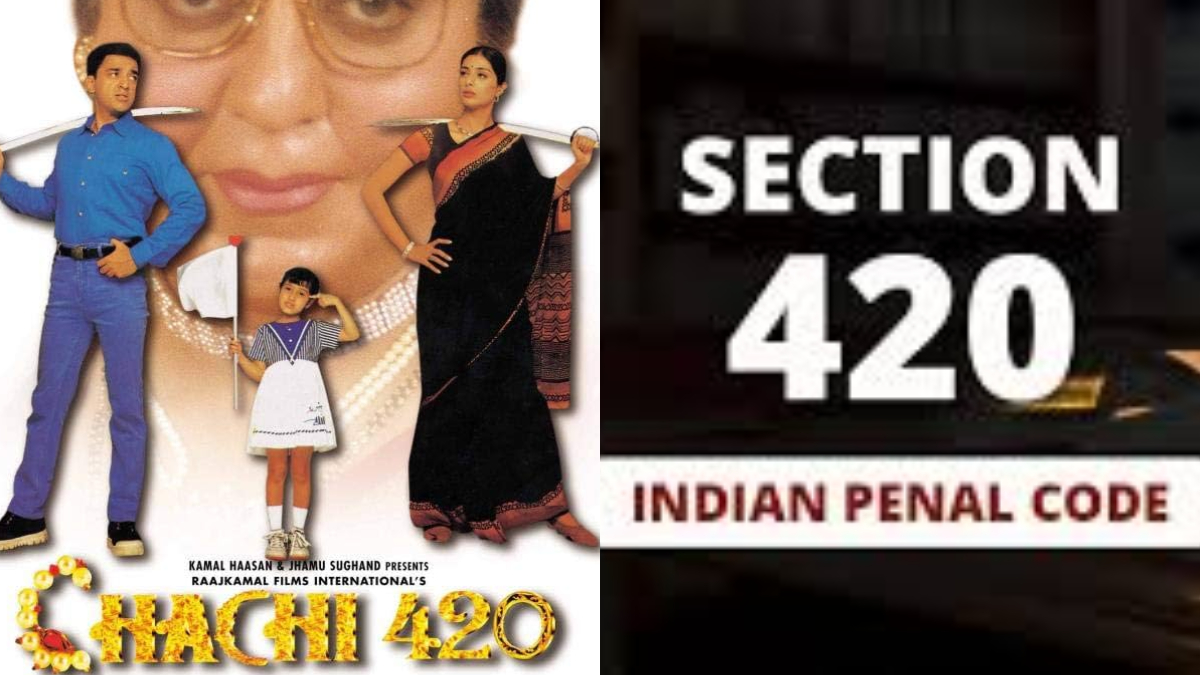An X user humorously notes that “so-and-so is now 318 instead of 420” due to the Indian penal code for ‘dishonest cheating’ changing with the switch from the Indian Penal Code (IPC) to the Bharatiya Nyaya Sanhita (BNS), 2023.
Section 420, one of the most well-known sections of the IPC and commonly mentioned in daily conversations, ceased to exist on Monday (July 1) after being in effect for 164 years since the penal code’s enactment in 1860.
“The proverbs will need updating now,” said a person on X, highlighting that Section 420 was popular not only in the Indian legal system but also in casual, humorous conversations.
Similarly, senior advocate and MP Mahesh Jethmalani said he would miss some parts of the IPC, especially Section 420, which is well-known to everyone.
“I have been practicing law for 42 years. While the old must make way for the new, there are some parts we will miss, sir. Section 420 is deeply ingrained in our minds,” Mahesh Jethmalani said during the debate on three criminal amendment bills in the Rajya Sabha in 2023.
What does section 420 deal with?
Section 420, which addressed cheating and dishonesty, was a key part of the country’s criminal justice system and made a lasting impact on Indian popular culture.
Section 420’s influence extended beyond law and justice; people used it to describe someone cunning or deceitful. Politicians often used the term to accuse their opponents of dishonesty and cheating.
The provision became an integral part of everyday conversation and popular culture in the subcontinent. Interestingly, Section 420 of the Pakistan Penal Code also addresses ‘cheating and dishonesty,’ derived from the colonial IPC that the BNS replaced on Monday.
“Sometimes, our parents would scold us with ‘don’t do’. We will miss that,” said senior advocate and MP Mahesh Jethmalani in 2023.
“It became part of Bollywood, with a film called Shree 420 starring Raj Kapoor,” Jethmalani added.
Jethmalani noted that it became a part of Bollywood, mentioning a film titled Shree 420 starring Raj Kapoor.
In the famous 1955 Bollywood classic Shree 420, the main character takes on various personas to survive in the bustling city of Bombay, but later learns the value of honesty and returns to his moral beginnings.
Section 420 gained more popularity in Bollywood when the remake of Robin Williams’ Mrs. Doubtfire, titled Chachi 420, was released in 1997. In the film, Kamal Haasan disguises himself as a female nanny named Lakshmi Godbole to stay close to his daughter after a divorce. The title was a playful reference to the well-known Section.
Punjabi pop star Bohemia has also mentioned this Section in one of his songs with the same title.
Introduced in 1860, Section 420 was created to address the increasing problem of fraud and cheating in the newly established British Empire in India. Since then, it has been used in numerous cases involving cheating, forgery, and various types of fraud.
As Section 420 retires, signaling the end of an era, its cultural impact and influence may endure for some time. It remains to be seen if 318 will carry the same resonance as this section did, whenever a Bollywood cop catches a clever cheater.
Also Read: India Implements New Criminal Laws, First Case Filed













